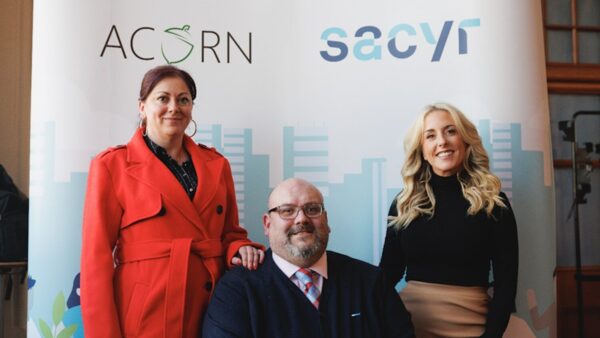
Construction employers must remain compliant to ensure visa sponsor licences are not revoked.
Over the past year, there has been a record increase in the number of licences revoked, with Home Office data showing more than double the revocations from the previous year – rising from 937 to 1,948.
This confirms that immigration compliance has become mission-critical to business continuity.
Construction is among the sectors showing the highest risk of non-compliance and revocation.
How a licence gets revoked
There are various ways in which a licence may be revoked, with the most common involving:
- Illegal working
What it is: Employing a worker without the right permission.
Why it matters: The construction sector has faced increased scrutiny, with arrests for illegal working up by 51% in the last year. - Incorrect information on a sponsored worker’s Certificate of Sponsorship (CoS)
What it is: Mismatches between CoS and the reality – for example, if the worker is being paid less than stated, not performing the sponsored role, or working more hours than reported.
Why it matters: With variable hours common in construction, errors can occur easily unless businesses have systems to track and control hours. - Improper retention of mandatory documentation
What it is: Failure to keep required documents for the appropriate amount of time.
Why it matters: In construction, where there is often a mix of contractors and ‘traditional’ employees, businesses need clear processes to know whose documents to retain.
While one-off instances may not result in revocation, the Home Office will often revoke or suspend the licence if it identifies a serious or systematic breach.
Data-led enforcement
The Home Office uses multiple mechanisms to detect breaches, including conducting in-person compliance audits.
Enforcement models have become increasingly sophisticated. The government now shares intelligence and data across departments and law enforcement agencies; the Home Office actively monitors PAYE data and conducts checks with HMRC.
The Home Office also takes a proactive approach to check for non-compliance.
For example, when a company files a corporate update on the Sponsor Management System (SMS), such as a change in company name, the Home Office often carries out general due diligence checks.
These checks may identify unreported corporate changes, including historic change of ownership, which can trigger further investigation or compliance action.

Immigration compliance is no longer a back-office task. It now sits firmly as a board-level function, and businesses must act to safeguard their licence
Can a revoked sponsor licence be retrieved?
If a licence is revoked, there is no right of appeal.
A ‘cooling off’ period of 12 months applies before applying for a new licence. This increases to 24 months if revoked more than once.
A business must also demonstrate that it has addressed the issues that caused the revocation.
What this means for the business
Once a licence is revoked, a business cannot sponsor new workers, and sponsorship for existing workers will be curtailed, meaning their visas will be cancelled.
This can result in a loss of workforce and financial impacts as overseas hiring is halted.
It can also cause reputational harm, signalling to regulators, unions, employees and the wider market that the organisation failed to meet legal standards.
Immigration compliance is no longer a back-office task. It now sits firmly as a board-level function, and businesses must act to safeguard their licence.
Practical steps include:
- Conducting regular internal audits of processes.
- Training staff responsible for hiring and right to work checks to stay up to date with Home Office rules.
- Seeking legal advice where needed on compliance and procedures.
Home Office figures show sponsor licence revocations are no longer rare. They are happening in record numbers across sectors, with a particular focus on construction.
Now, more than ever, robust internal procedures are essential to reduce the risk of non-compliance.
Kirsty Moore is a manager (solicitor) and Amanda Ong is a trainee solicitor at Fragomen.








